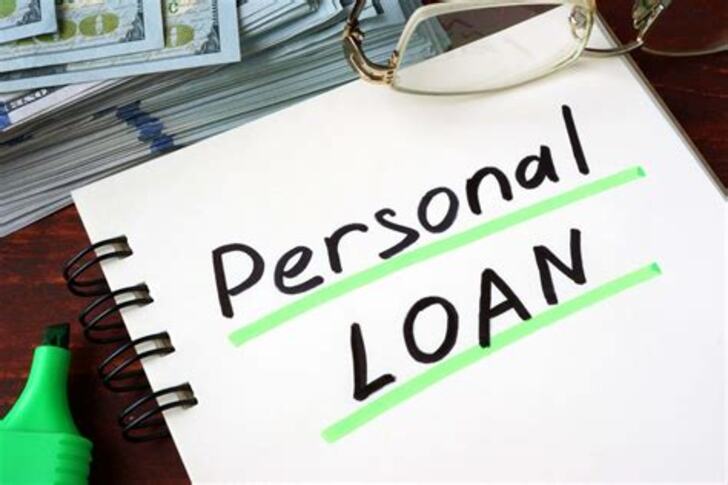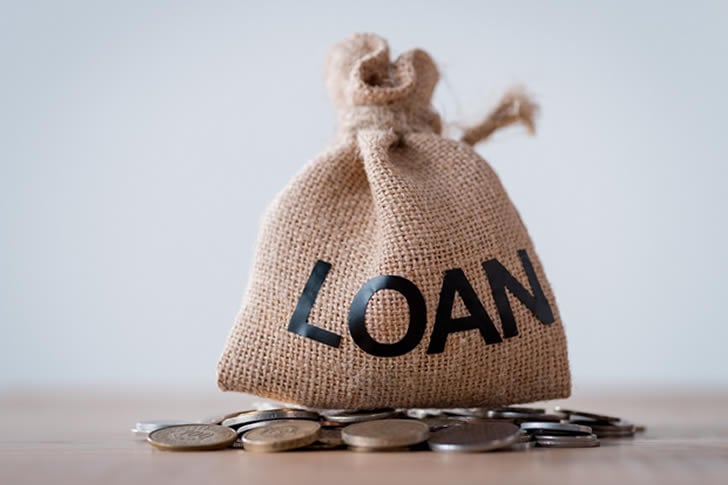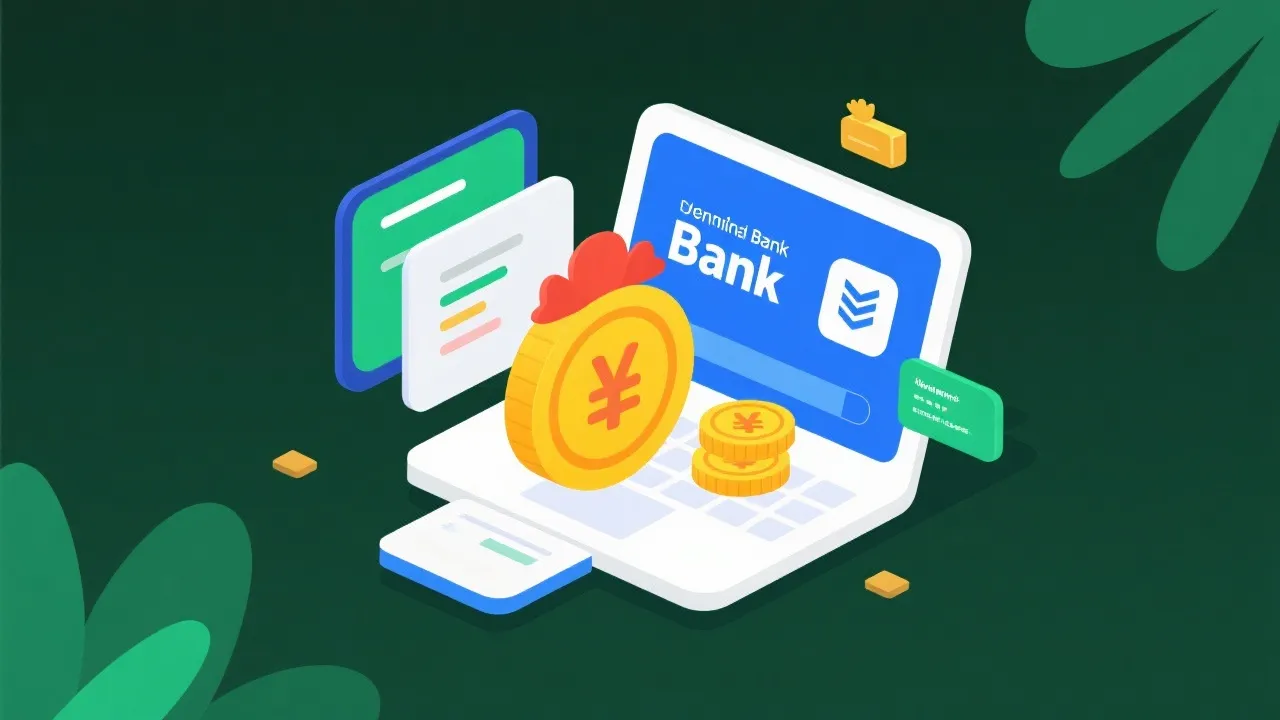Guide to Personal Loans and Approval Process
Personal loans can be a valuable financial instrument for individuals seeking to cover unexpected expenses, consolidate debt, or finance significant purchases without a substantial down payment. This guide aims to provide an objective overview of personal loans, including their types, the approval process, and frequently asked questions.

What is a Personal Loan?
A personal loan is an unsecured loan taken from a bank, credit union, or online lender. Unlike mortgages or auto loans, which require collateral, personal loans rely on the borrower’s creditworthiness. Consequently, they generally carry higher interest rates due to the absence of security for the lender.
Types of Personal Loans
- Secured Personal Loans: These loans require collateral, such as a vehicle or savings account. While they typically offer lower interest rates, there is a risk of losing the asset if repayments are not made.
- Unsecured Personal Loans: Without collateral, these loans depend largely on the borrower’s credit score and financial history. As a result, they usually have higher interest rates compared to secured loans.
- Debt Consolidation Loans: These are specifically meant for consolidating multiple debts into a single loan, often at a lower interest rate.
- ** payday loans**: Short-term loans with high-interest rates, intended to cover expenses until the borrower’s next paycheck. These should be approached with caution due to their exorbitant fees.
- Peer-to-Peer Loans: Facilitated through online platforms, these loans connect borrowers with individuals willing to lend money. They may offer competitive interest rates based on creditworthiness.
The Approval Process for Personal Loans
The approval process for personal loans typically involves several key steps:
- Assess Your Financial Needs: Determine how much you need to borrow and for what purpose. This will help in identifying the type of loan that best suits your needs.
- Check Your Credit Score: Lenders assess credit scores to determine risk. A higher score often leads to better terms, so it’s advisable to check your score before applying.
- Research Lenders: Compare different lenders, including banks, credit unions, and online platforms. Pay attention to interest rates, loan terms, and any fees associated with the loan.
- Pre-Qualification: Many lenders offer a pre-qualification process, which allows you to see potential loan amounts and interest rates without affecting your credit score.
- Gather Documentation: Prepare required documents such as proof of income, employment verification, bank statements, and identification.
- Submit the Application: Complete the application online or in person, providing all necessary information and documentation.
- Review the Loan Agreement: If approved, the lender will present a loan agreement that outlines the terms. It is essential to read this thoroughly to understand the payment schedule, interest rate, and any fees.
- Receive Funds: Once you sign the agreement, the funds are generally disbursed quickly, often within a few business days.
Frequently Asked Questions (FAQ)
Q: Can I get a personal loan with bad credit?
A: Yes, some lenders specialize in loans for borrowers with bad credit. However, expect higher interest rates and potentially stricter terms.
Q: How much can I borrow?
A: Borrowing limits vary by lender but generally range from $1,000 to $50,000. Factors affecting the amount include credit score, income, and existing debt obligations.
Q: What are typical interest rates for personal loans?
A: Interest rates for unsecured personal loans typically range from 5% to 36% depending on creditworthiness and loan terms.
Q: How long does it take to get approved?
A: Approval times vary but can be as quick as a few minutes to several days, especially if more documentation is needed.
Q: Can I pay off a personal loan early?
A: Most lenders allow early repayment, but some may charge a prepayment penalty. Check the loan agreement for specific terms.
Conclusion
Personal loans can serve as a useful financial tool when utilized responsibly. By understanding the different types, the approval process, and the implications of borrowing, individuals can navigate their financial needs more effectively. Always remember to perform thorough research and consider seeking financial advice if needed.
References
NerdWallet: Personal Loans 101
Experian: Understanding Personal Loans
-

A Guide to Cost-Efficient Small Electric Cars for Seniors
-

Mastering Debt Consolidation: Boost Your Credit Score and Manage Interest Rates
-

Your Guide to Loans, Credit Checks, and Interest Rates
-

Affordable Independent Living: Finding the Right Senior Housing
-

Guide to Senior Living Apartments: Affordable and Comfortable Environments








